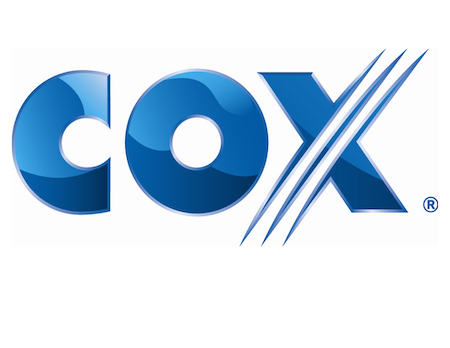Cox, Nexstar Near Retrans Standoff
The smarter way to stay on top of the multichannel video marketplace. Sign up below.
You are now subscribed
Your newsletter sign-up was successful

Cox Communications, which had a relatively uneventful New Year on the retransmission consent front, stands to lose access to Nexstar Broadcasting Group stations in several key markets – including Las Vegas and Phoenix – if it can’t hammer out a deal with the broadcaster by Jan. 29.
Nexstar did not reveal which markets were affected, but a check of its station websites revealed that the stations in question were located in Las Vegas; Phoenix; Baton Rouge, La; Lafayette, La.; Roanoke, Va.; Panama City, Fla.; Ft. Smith/Fayetteville, Ark.; Joplin, Mo.; and Springfield, Mo. Those areas could go dark at 11:59 p.m. on Jan. 29 unless a deal is reached. The stations include affiliates of the four major broadcast networks – NBC, CBS, Fox and ABC – which could mean that Cox customers in Las Vegas (which includes CBS affiliate KLAS-TV) and Springfield, Mo. (home of CBS affiliate KOLR); may miss the Feb., 7 broadcast of Super Bowl 50 if a deal is not reached.
Nexstar, the second largest station group in the country, said in a statement that it has been in negotiations with Cox for more than five months and continues to try to work out a deal.
The dispute comes just after Cox ended 2015 with most of its deals in hand. The Nexstar dispute comes at a time when the Federal Communications Commission is mulling whether to apply stricter oversight of retransmission consent agreements. It also comes as Nexstar attempts to purchase broadcaster Media General in a $4.7 billion deal that will bring it closer to the federal station ownership cap of 39%.
(UPDATE, JAN. 27: The $4.6 billion Nexstar-Media General deal is a go after Meredith Corp. withdrew its offer for Media General.)
In a statement, Cox said the dispute is over higher fees.
"Cox is committed to keeping our customers connected to what they care about most and ensuring they receive the most value from any of our services,” Cox said in the statement. “Nexstar Broadcasting Group is threatening to withhold its signals unless Cox agrees to pay three times the current rate. Cox has always been willing to continue providing significant compensation, but we feel three times the current rate is unreasonable. We appreciate your patience as we work to resolve this matter quickly.”
The smarter way to stay on top of the multichannel video marketplace. Sign up below.
Nexstar countered that Cox and other cable and satellite distributors pay as much as $8 per subscriber per month for ESPN and $1.65 for TNT. The station group said broadcast stations and station groups generate about 35% of household viewing, but receive an average of about 12% of the total distribution revenue from cable, satellite and telecom providers.
Nexstar added that it has reached agreements with hundreds of cable and satellite subscribers and has not had a material service interruption since 2005.
“Nexstar will continue negotiating with Cox to try and reach a fair agreement to allow viewers to continue receiving its programming on an uninterrupted basis,” the company said in a statement.
While there is still a week to go before the deadline and deals like this usually get decided in the final minutes, Nexstar added it will continue to apply the heat to the cable company if a deal isn’t reached by Jan. 29.
“Nexstar remains hopeful that a resolution can be reached before the Jan. 29 deadline, but should Cox fail to come to terms with Nexstar, Nexstar intends to actively educate consumers in affected markets on how they can continue to receive their favorite network programming, in-depth local news, other content and programming relevant to their communities, and critical updates in times of emergencies,” the broadcaster said in a statement.
